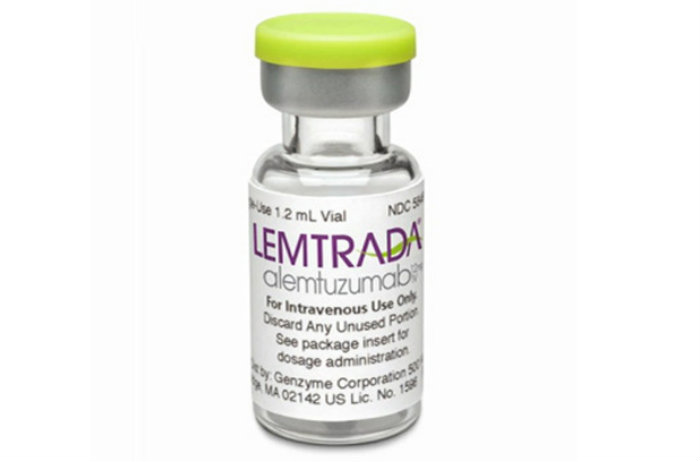Patients who use mitoxantrone appear to be at increased risk of colon cancer, according to a new study, and as well as acute myeloid leukemia (AML).
Mitoxantrone is used to treat aggressive relapsing-remitting, and also progressive, MS when the patient doesn’t respond to other drugs. It suppresses the immune system and was first developed as a treatment for some cancers. Its use is limited because past studies have shown that it may increase a patients risk of leukemia and heart damage.
This new study, published in the journal Neurology, checked the records of 676 MS patients who were treated with mitoxantrone at a German hospital’s MS center between 1994 and 2007. Thirty-seven of those patients, or 5.5 percent, developed some form of cancer.
When they were compared to the general population of Germany the study found that the mitoxantrone patients were at 10 times greater risk of developing AML and 3 times greater risk of developing colorectal cancer. Though there had been an association made between mitoxantrone and AML in an earlier study this was the first time a possible link had been identified with colon cancer.
Of the four patients who developed AML, three were treated successfully and were alive at the end of follow-up. Of the seven patients who developed colorectal cancer, three died during follow-up.
Even so, according to the study’s author, there are patients for whom the benefit of mitoxantrone outweighs the risk. “The overall rate of cancer was low enough to justify still using this drug for people severely affected by MS if no better treatment is available,” says Mathias Buttmann, MD, of the University of Würzburg. “Mitoxantrone is the only approved treatment for people with secondary progressive MS without relapses and should be considered in people where the disease is evolving quickly,” he says.
Dr. Buttmann points out that this is a very small study and needs additional confirmation. If there is confirmation, he suggests that patients receiving mitoxantrone also have colonoscopes to screen for colon cancer.


